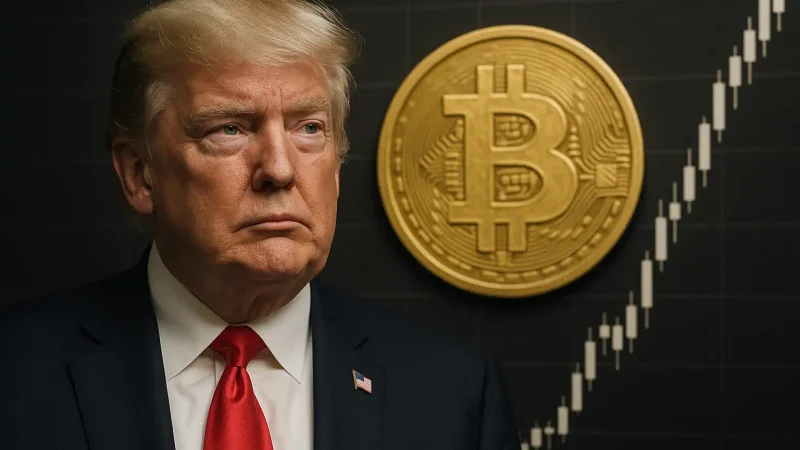In a move that has reignited a heated debate across the crypto industry, the U.S. Securities and Exchange Commission (SEC) has announced a high-profile roundtable scheduled for December 15, 2025, dedicated to exploring the complex intersection of privacy and financial surveillance in cryptocurrency. As developers, investors, and lawmakers grapple with the dual imperatives of privacy and compliance, this development could shape the regulatory tone for years to come.
Privacy Under the Microscope
The timing of the roundtable is no coincidence. Multiple headline-grabbing legal actions in recent months have sharpened the focus on privacy-preserving crypto tools. The Tornado Cash case—culminating in stiff sentences for core developers—and similar charges levied against creators of Samourai Wallet have sparked global concern. Critics argue these prosecutions create a chilling effect on innovation, particularly among developers working on non-custodial, open-source privacy tech.
These developments raise critical legal and ethical questions: Can code be deemed criminal? Should privacy be considered a default right, or a suspicious red flag? The SEC’s willingness to host frank, public discussion around these issues shows a willingness—at least superficially—to hear from the very builders and technologists its enforcement actions target.
Ripple Effects Across Markets and the Builder Ecosystem
One of the most immediate effects of this growing debate has been a strong resurgence in privacy-centered cryptocurrencies. Zcash (ZEC), often a bellwether for sentiment around privacy in crypto, has risen over 130% in just 30 days, defying broader market weakness. Trading at $618.04 at the time of writing, Zcash’s momentum suggests strong investor belief in decentralized privacy infrastructure, even as regulatory pressure mounts.
A Shift in Public Attention and Development Goals
The growing appetite for privacy is not limited to traders. Google search trends around the term “crypto privacy” have surged in 2025. And the data backs this up: Zcash’s shielded pool has neared 4 million ZEC, while privacy protocol Railgun now processes over $200 million in volume monthly. Developers and projects aren’t just resisting—they’re doubling down.
Leading venture firm a16z, in its latest State of Crypto report, forcefully argued that “as crypto reaches more mainstream users, the need for privacy becomes both technical necessity and philosophical imperative.” Supporting this, Paxos’ partnership with Aleo to launch a privacy-compliant stablecoin and the Ethereum Foundation’s establishment of a dedicated privacy division both signal a long-term pivot in resource allocation. These are not knee-jerk reactions—they are structural investments in the future of blockchain privacy.
Zero-Knowledge Tech Enters the Spotlight
At the technological frontier, zero-knowledge proof systems—once relegated to theoretical research papers—are now rapidly entering production-level infrastructure. Their use spans everything from compliance tools (enabling selective disclosure to authorities) to layer-2 scaling rollups. Even web2 giants are retrofitting data privacy layers using this once-niche cryptographic primitive.
In a somewhat ironic twist, it’s the same tools targeted in regulatory complaints that may also fulfill regulators’ own goals: ensuring lawful compliance while preserving transactional confidentiality. This paradox—where privacy could coexist with oversight—is one of the most critical tensions the SEC roundtable will be forced to navigate.
A Turning Point or a Tactical Gesture?
Whether the December roundtable represents a sincere institutional embrace of dialogue, or a strategic pause ahead of more aggressive enforcement, remains to be seen. However, by inviting crypto-native voices into the room, the SEC acknowledges what industry insiders have long insisted: preventing abuses of crypto doesn’t require dismantling its freedoms.
Amid a backdrop of fast-moving legislative efforts and geopolitical pressure to define crypto privacy norms, the roundtable could act as a critical inflection point for U.S. policy. If stakeholders seize the moment with nuance and technical depth, the result could be smarter regulation that balances civil liberties with systemic integrity—and that would set a much-needed precedent on the global stage.





